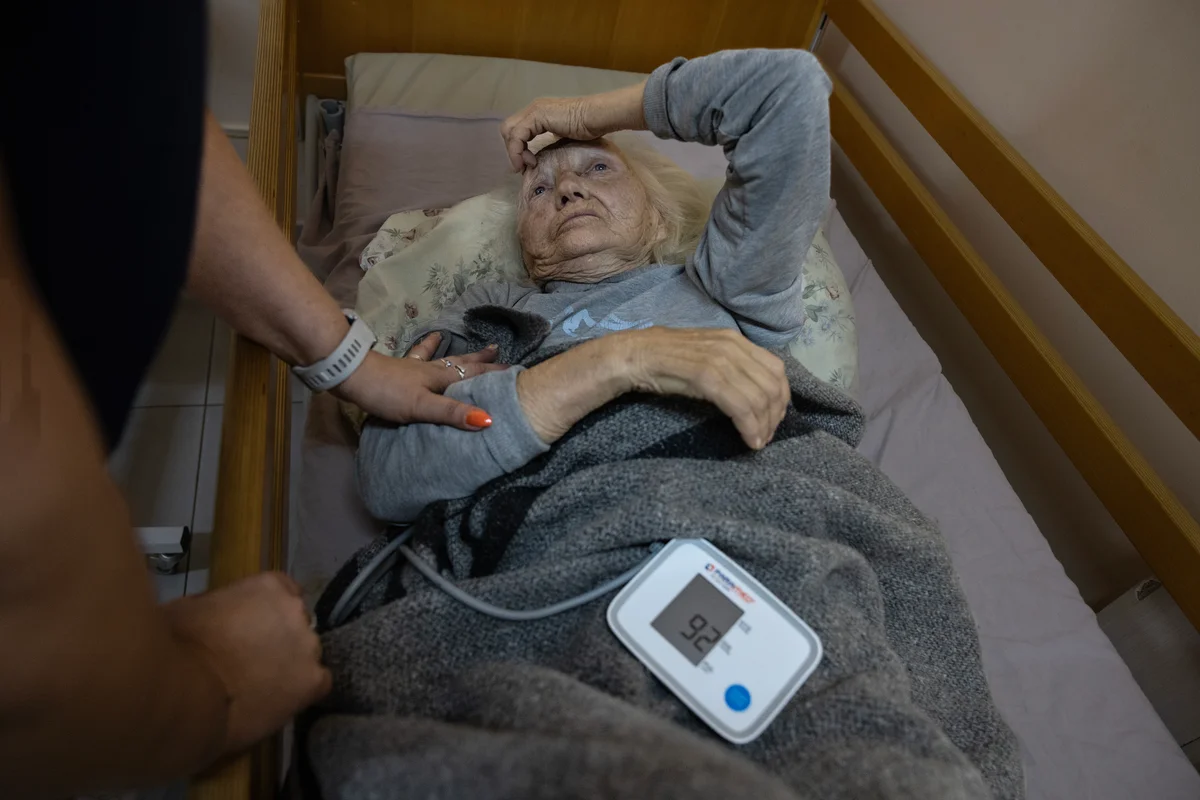By Vishwam Sankaran
Copyright independent

People found to have “poor sleep” in a new test are more likely than others to have brains showing signs of faster ageing, a new study reveals.
Increased inflammation linked to poor sleep could explain this effect on the brain, according to the comprehensive brain imaging study published in the journal eBioMedicine.
Several studies have so far found a link between poor sleep and dementia, but it remains unclear whether unhealthy resting habits contribute to the condition or whether they are an early symptom of the disease.
Researchers from Sweden’s Karolinska Institutet probed this link to better understand the relationship between sleep characteristics and the brain’s ageing process.
Scientists assessed health data of 27,500 middle-aged and older people from the UK Biobank who took magnetic resonance imaging (MRI) scans of the brain.
Using an artificial intelligence system, they estimated the true healthy biological age of the brain at different stages of life based on over a thousand brain MRI samples.
Each participant’s sleep quality was then scored based on five self-reported factors.
These included the chronotype of whether one was a morning or evening person, their sleep duration, insomnia, snoring, and daytime sleepiness.
Participants were divided into three groups: healthy (≥4 points), intermediate (2-3 points), or poor (≤1 point) sleep.
“The gap between brain age and chronological age widened by about six months for every 1-point decrease in healthy sleep score,” said study co-author Abigail Dove from Karolinska Institutet.
“People with poor sleep had brains that appeared on average one year older than their actual age,” Dr Dove said.
Researchers also examined data on the signs of inflammation in the bodies of the participants.
They found that low-grade inflammation could explain over ten per cent of the link between poor sleep and older brain age.
“Our findings provide evidence that poor sleep may contribute to accelerated brain ageing and point to inflammation as one of the underlying mechanisms,” Dr Dove said.
“Since sleep is modifiable, it may be possible to prevent accelerated brain ageing and perhaps even cognitive decline through healthier sleep,” she said.
Scientists suspect other factors, such as heart health and negative effects on the brain’s waste clearance system, which is active mainly during sleep, may also play a role.
Although the findings are partly based on self-reported measures of sleep, researchers highlight the need to prioritise healthy sleep patterns in medical practice and public health policy.



